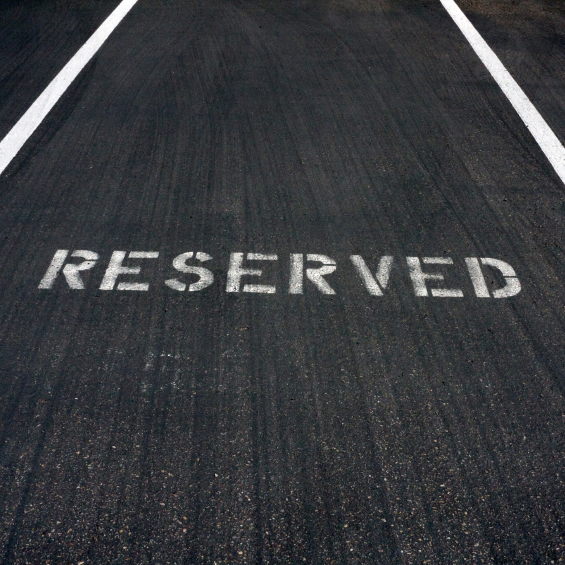Technology Raises Ethical Questions in San Francisco
A recent article from The Week Magazine highlights the ins and outs of a new app called “MoneyParking” developed in San Francisco that serves as a digital auction house for parking spaces. News of this new mobile app has even spread as far as the United Kingdom with the Telegraph recently penning its own article on the subject. What is all the fuss about?
The app allows drivers to place “for sale” outdoor, public parking spaces they are about to vacate starting at $5 each. This skirts a grey area in the law that prohibits citizens from charging money for public resources like parking spaces by claiming to merely leverage and broker the fact that the space is about to be vacated. Emily Badger of The Washington Post claims it creates “a predatory private market for public” resources. The ire is mainly pointed towards the fact that people may not vacate spaces they are otherwise ready to leave until they are able to sell it, or sell it for more money. It may even lead to people purposely taking desirable spots they have no intention of using themselves, merely for the purpose of selling them at high prices. Those who make the app argue they are merely following the cues of the times we live in, the ability of technology to monetize things that previously couldn’t be, and providing a service for those who choose to avail themselves of it.
Charging For Public Parking Spots – Is It Wrong?
There is great potential for family discussion in this matter. Simply because something can be done, does that mean it should it be done? Is technology moving faster than the ethical standards of society can keep up with?
Parents: The most obvious discussion to have here is whether or not this app should exist. Business, politics and the law all factor in, along with the general moral questions related to haves and have nots. Will this app, if it continues to exist, make parking harder or impossible for the poor and smartphone-less? The deeper question that arises is that of the nature of human beings. This app opens up the potential for good and bad. “Predatory technology” is only predatory when humans choose to use it in that way. Will people use it in a way that takes advantage of others? What can you do to show your children not to manipulate the system in ways that benefit them at the expense of others?
Teens: What kind of real world practice does this app remind you of? Do you think it is all good, all bad or somewhere in between? What is the deciding factor in how a piece of technology impacts society? As part of a generation increasingly tied to technology, and one that will develop the technology of the future, what are some things to consider when thinking of how something as simple as a smart phone app may influence something as vast as how we park cars in cities?













No Comment